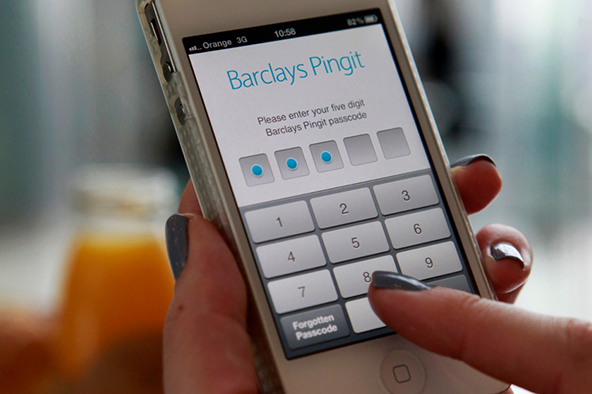Credit Card Fraud Prevention Guidelines for Airlines

Airlines use various outlets for selling tickets, including direct internet sales, central reservations, ticket counters and third party travel agencies. All merchants selling airline tickets fall within the highest risk category of businesses that are allowed to apply for a U.S.-based merchant account. Most payment processors have set extremely tight requirements for airline ticket sellers and most will not accept an application unless the applicant has a previous credit card processing experience for at least six months. Yet, there are processors who specialize in working with airlines and their agents and, anyway, if you build a solid credit card processing track record, all processors will be happy to offer you their services.
In order to get the best merchant account terms, you will have to first understand credit card processing risk associated with selling airline tickets and then design and implement best practices to manage it. A well designed risk management process will help you reduce customer disputes and related chargebacks, which are the principal reasons payment processors are cautious when underwriting merchant accounts for airline ticket sellers.
The following best fraud prevention practices should be taken into consideration by airlines and third-party agencies:
- Screen all high risk bookings. Screening high-risk bookings can help you detect and prevent fraud before it actually happens. Screening should be performed on transactions with characteristics such as:
- Third party purchases.
- First or business class tickets.
- E-tickets or tickets not delivered to the cardholders’ billing address.
- Date of travel that is less than six days after the ticket purchase.
- Customers not enrolled in your frequent-flier programs.
- Use Address Verification Service (AVS) to confirm billing addresses for paper ticket sales. AVS helps you fight fraud by enabling you to compare the billing address (the address to which the card issuer sends its monthly statement for that account) provided by your customer with the billing address on the card issuer’s file before you process the payment. Be advised, however, that AVS fraud chargeback rights do not apply to e-ticket sales or to such cases where paper tickets are not mailed to the billing address.
- Track fraud by ticket source. When monitoring credit card fraud, it is a good practice to track different fraud sources separately. With merchants selling airline tickets these sources are internet sales, central reservations, ticket counters and travel agencies. This practice can help airlines identify the areas where risk exposure is the greatest and develop strategies to reduce risk.
- Participate in Verified by Visa and MasterCard SecureCode. These are fraud prevention services that the Credit Card Associations provide to e-commerce merchants and to consumers shopping online. MasterCard SecureCode and Verified by Visa work by enabling cardholders to authenticate themselves to their credit card issuer through the use of a personal password that they have chosen when they registered their cards with the program. These services protect against fraudulent “unauthorized use” chargebacks.
Image credit: Wikimedia Commons.



Hi, say for example, the ticket was purchased today and the flight is tomorrow. IP Address is in Italy, however the billing address is in France. The name of passengers are Ronaldo and Takahashi. Leaving Amsterdam to France. Would you fail this transaction or pass? Why?